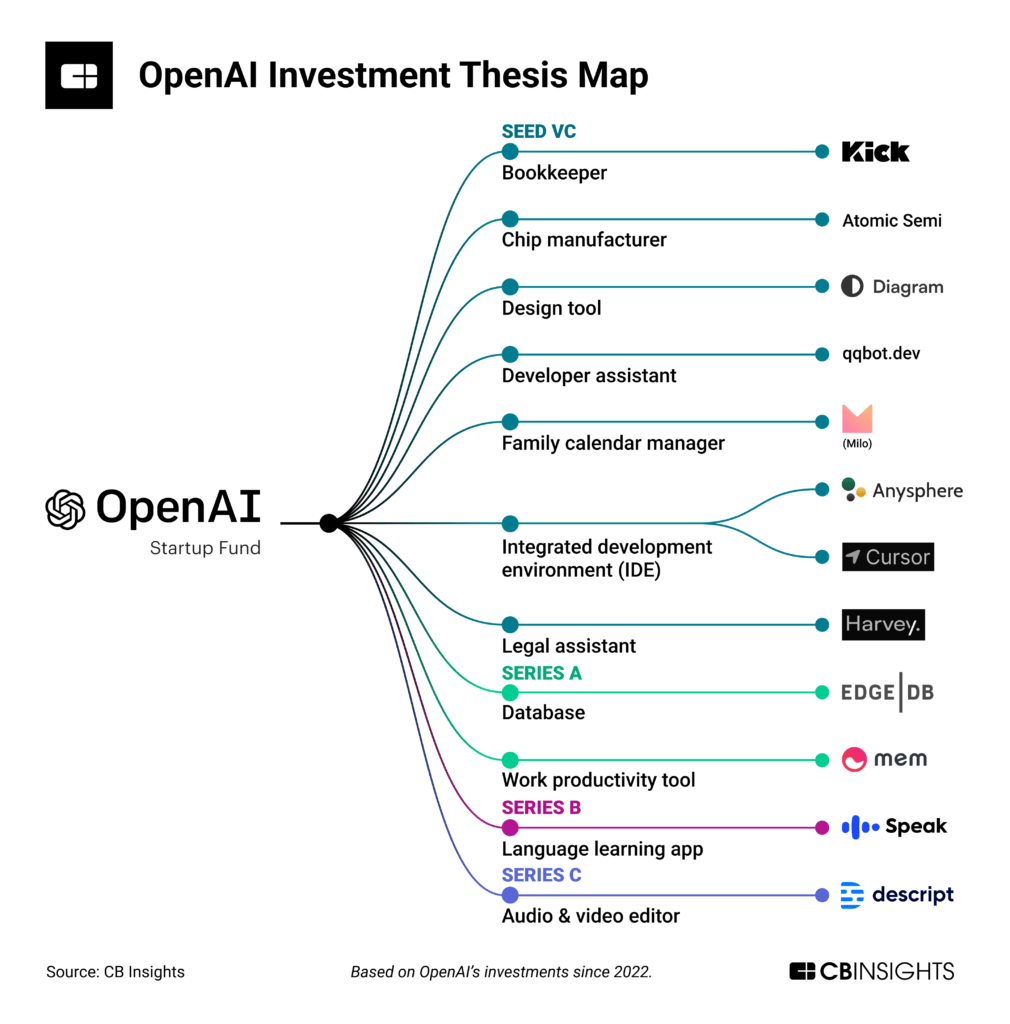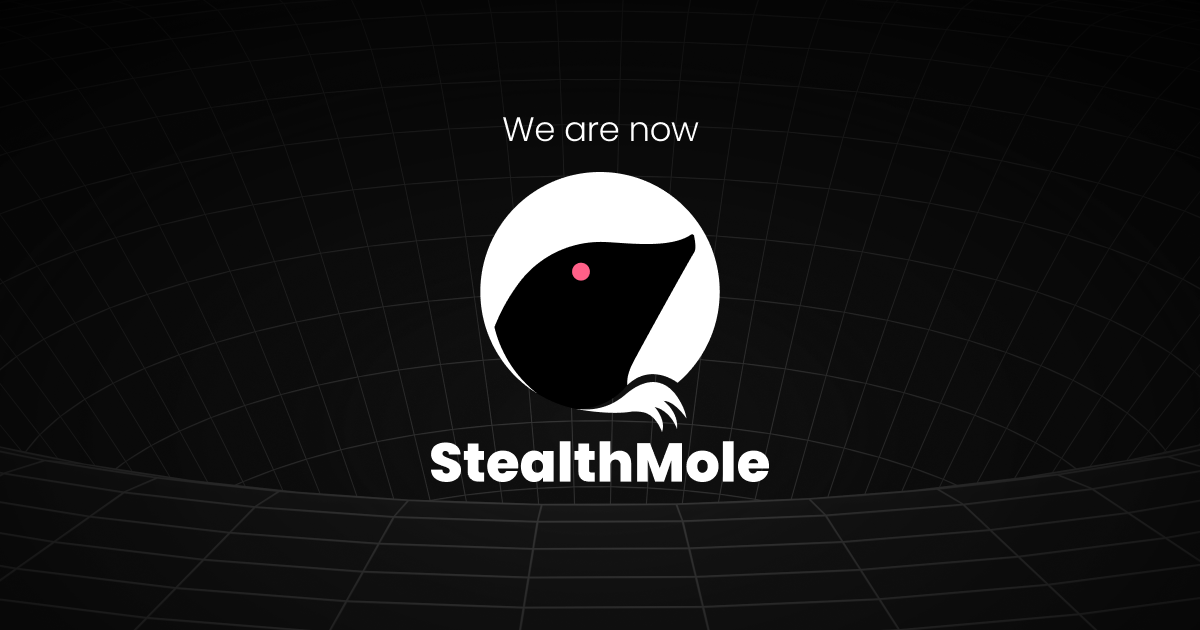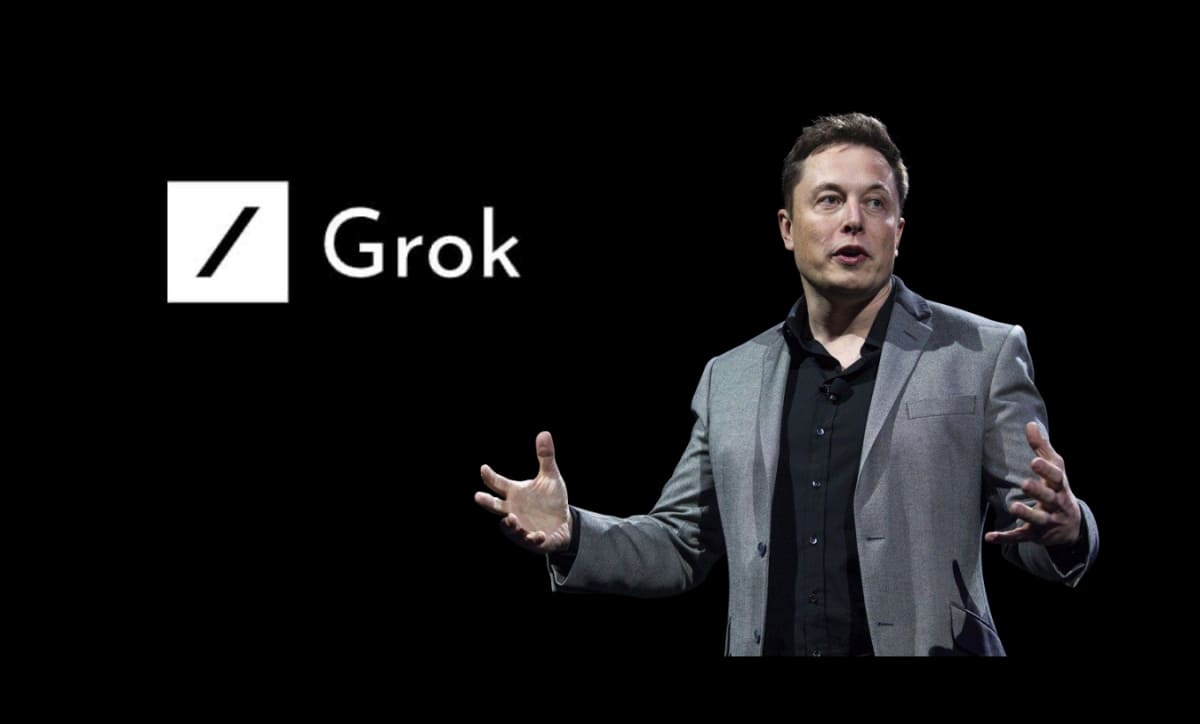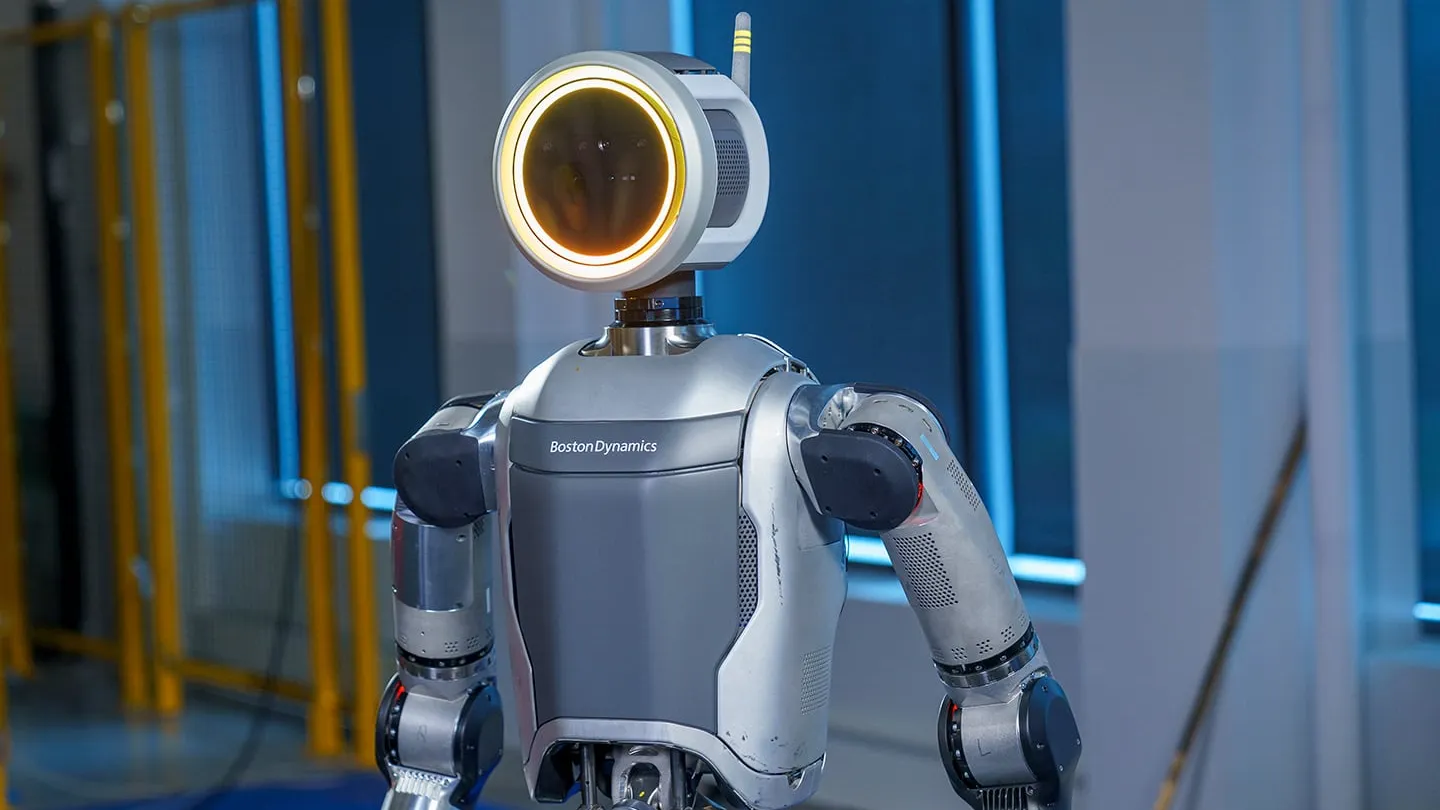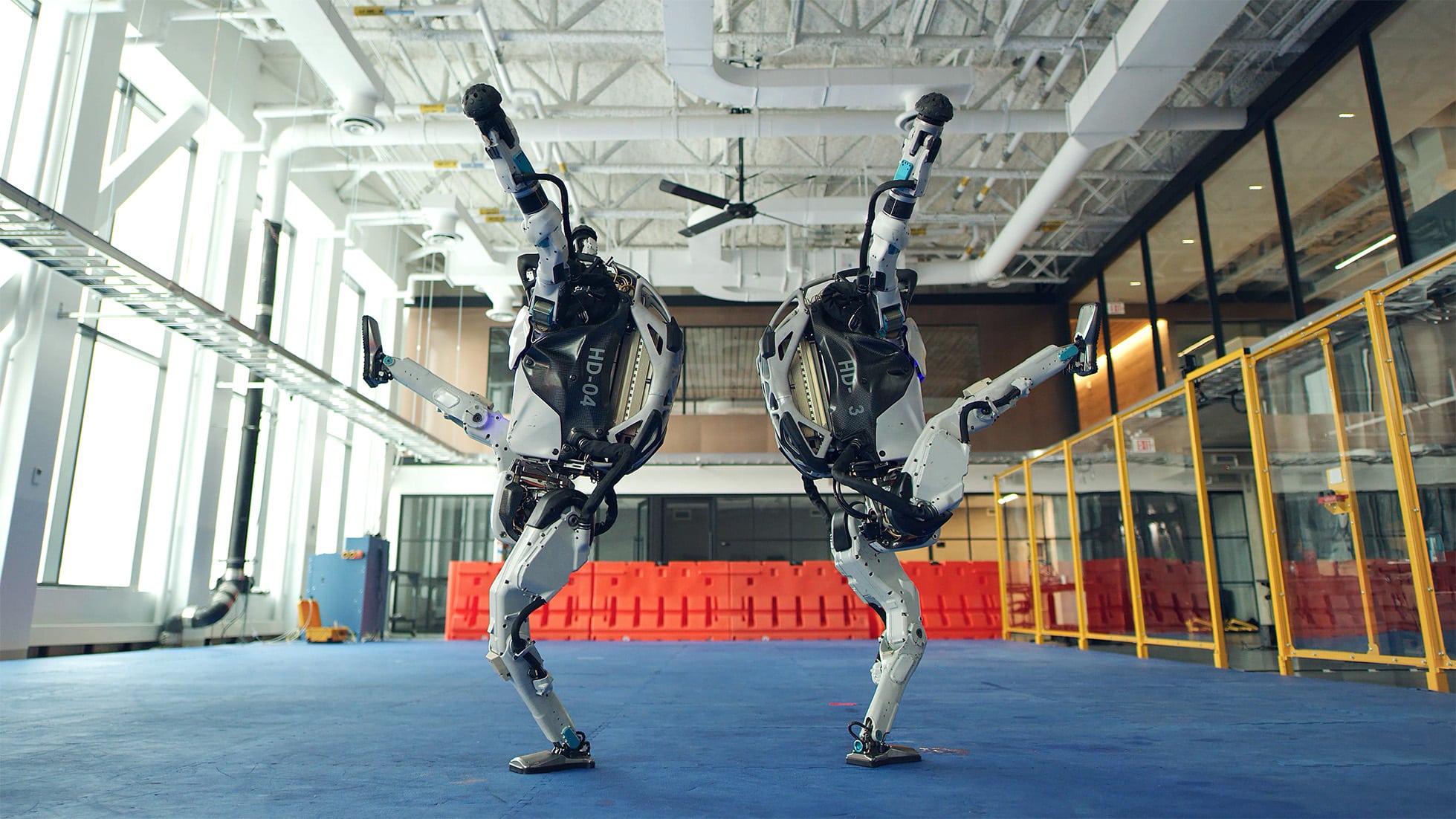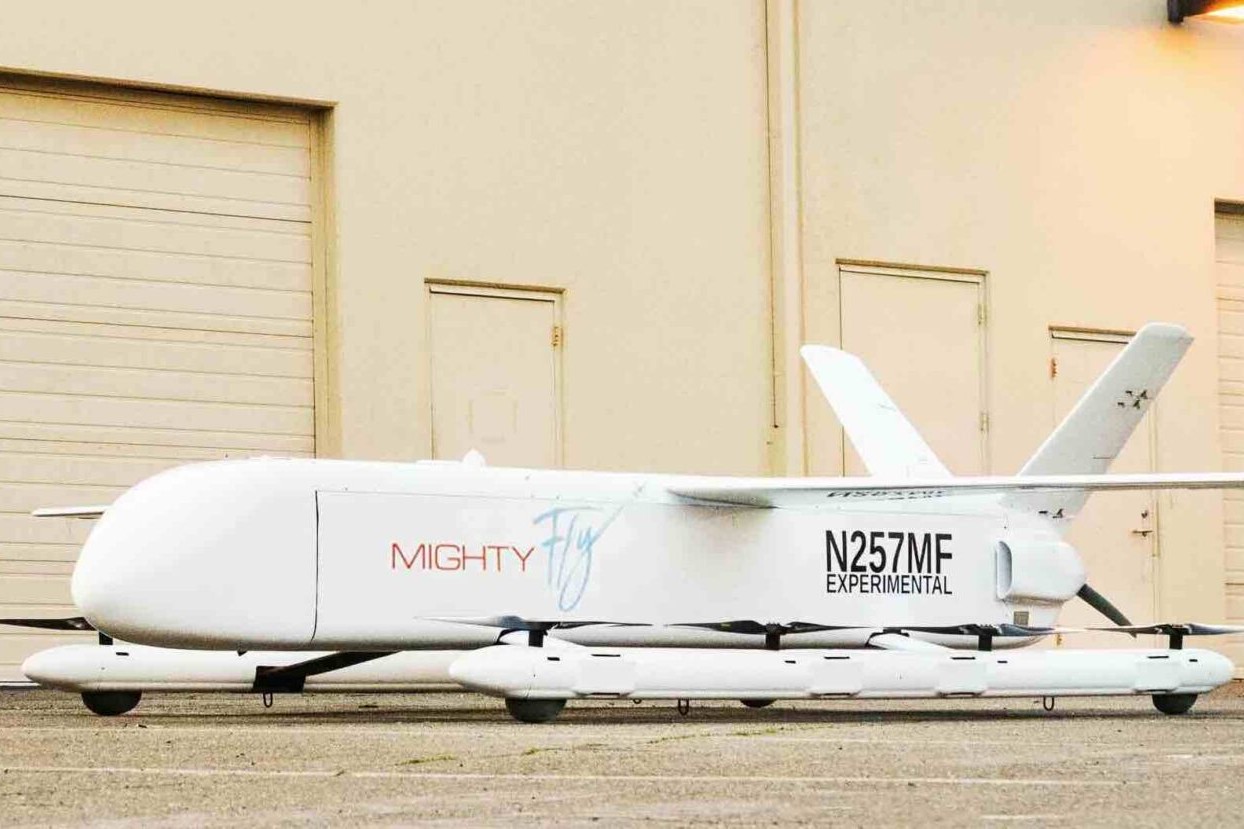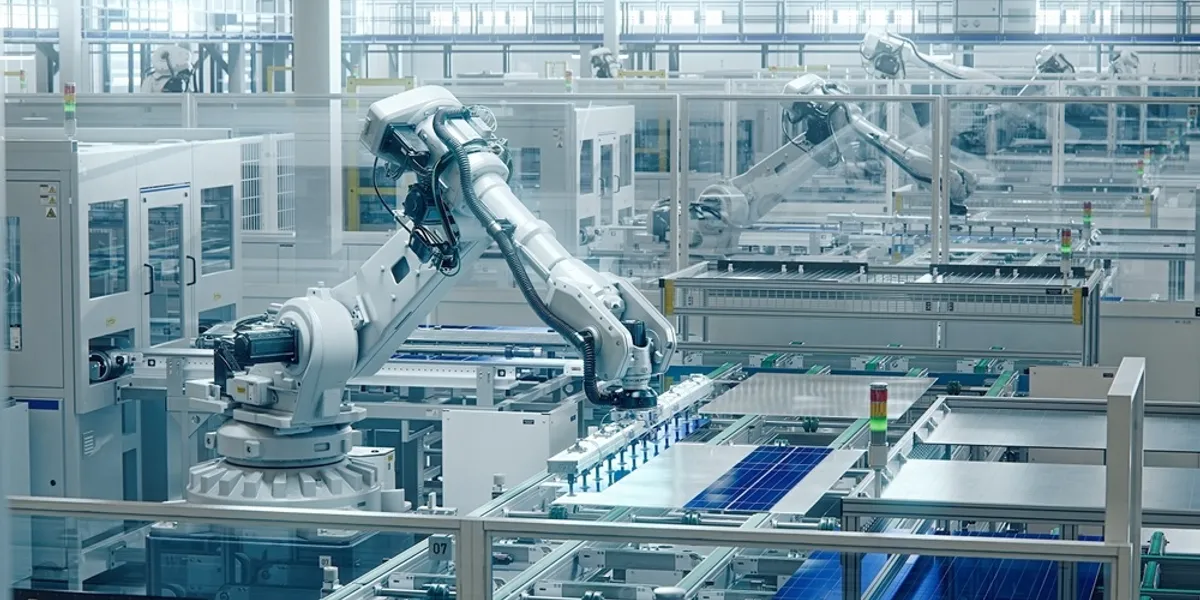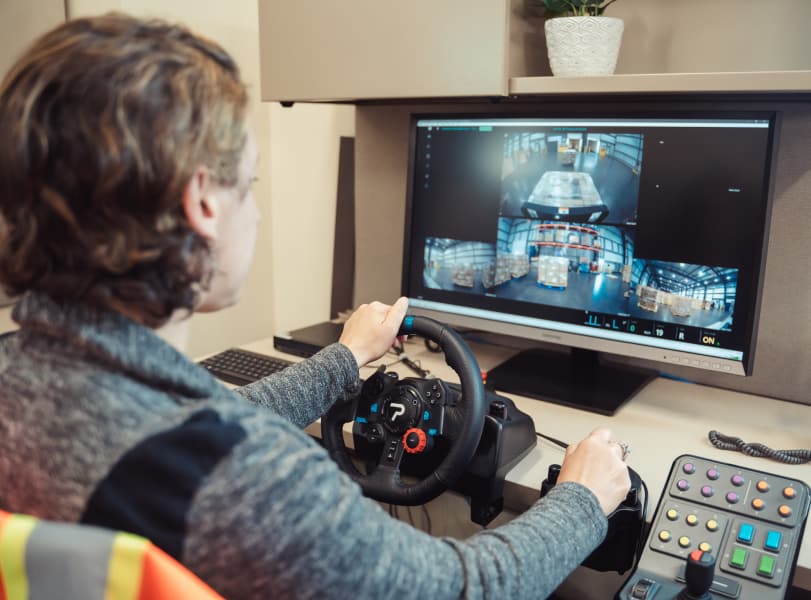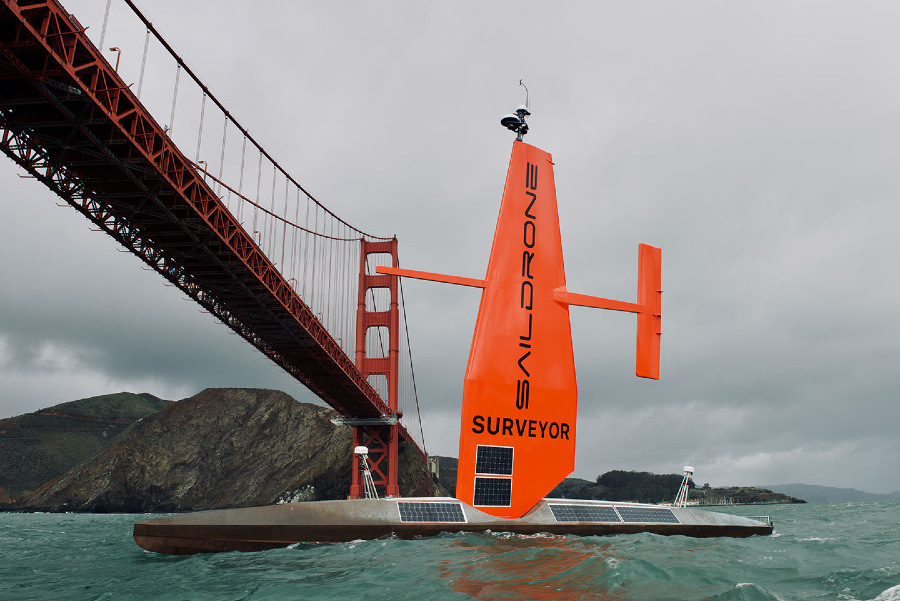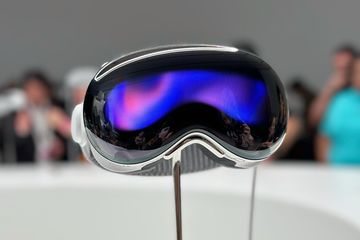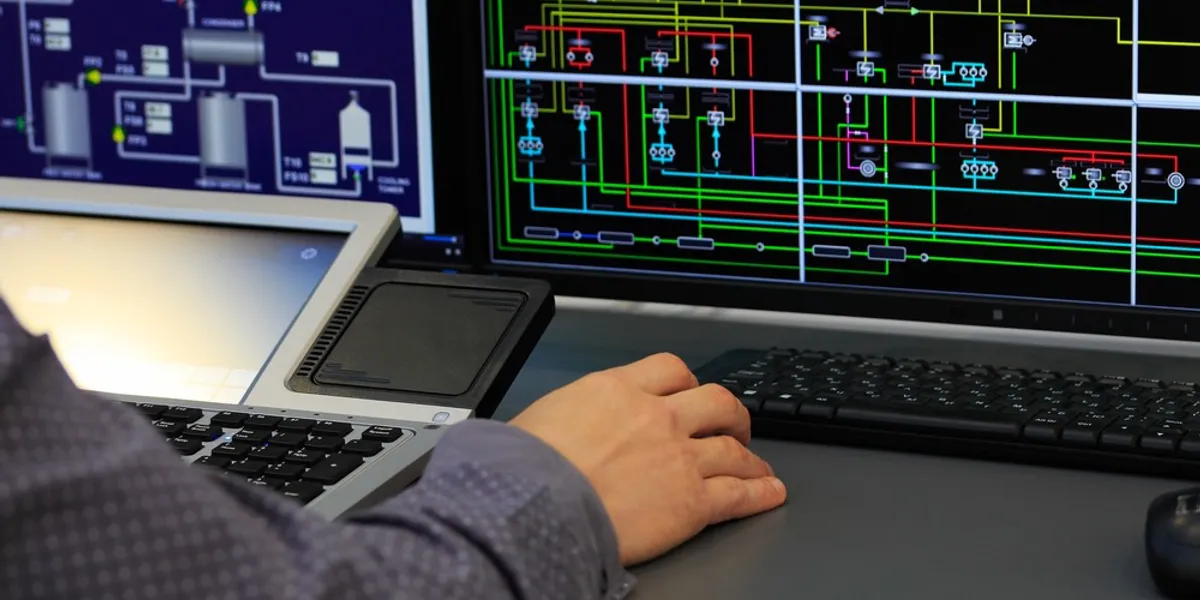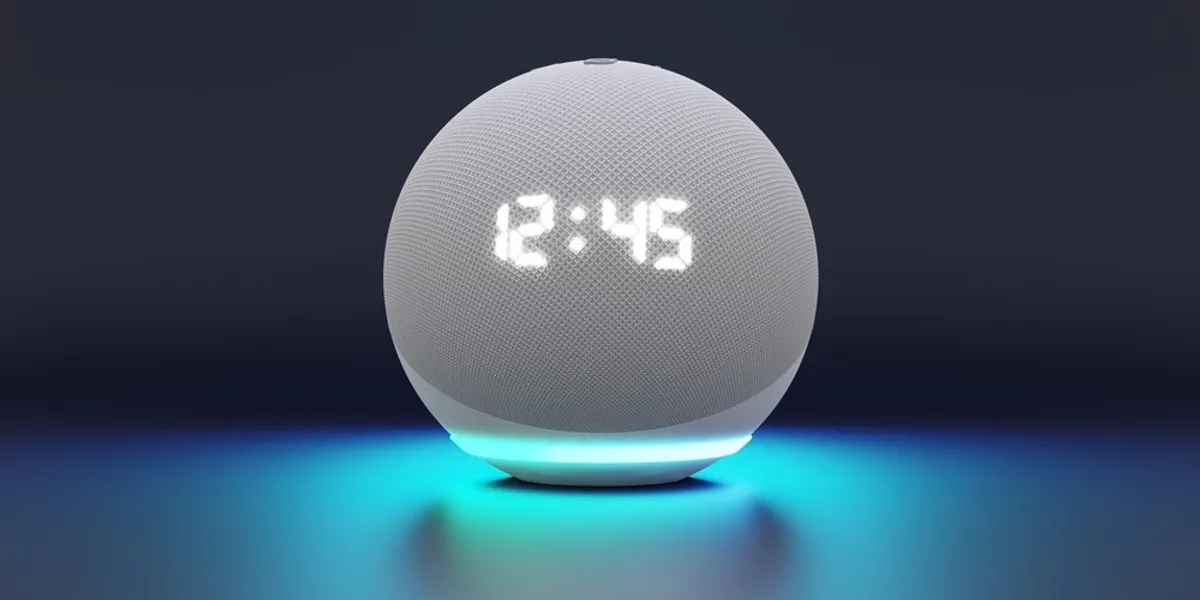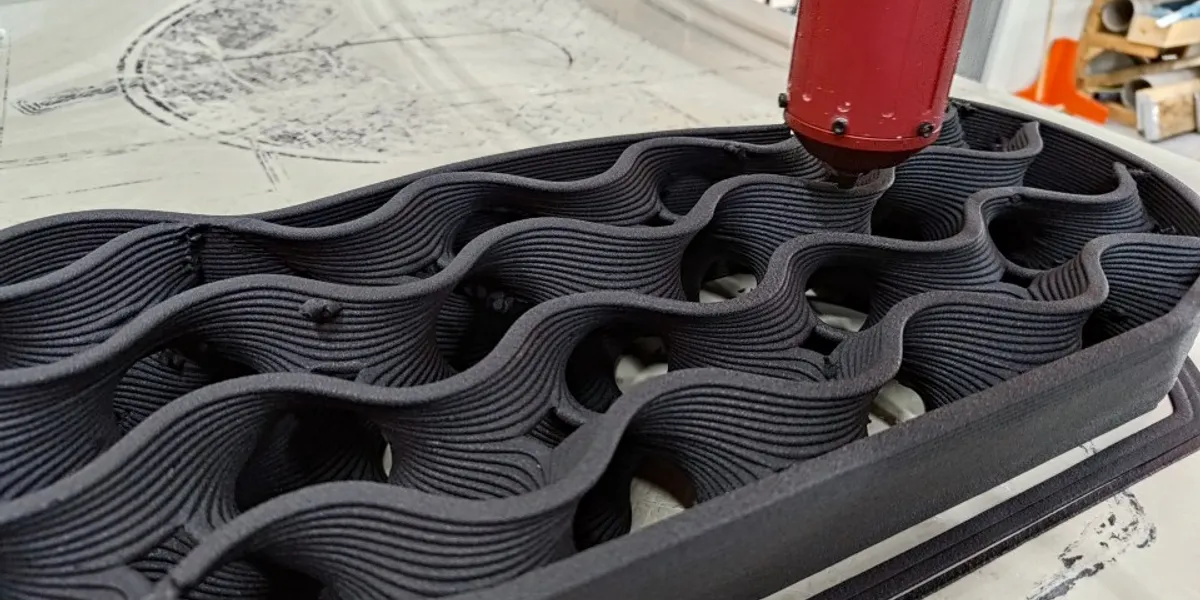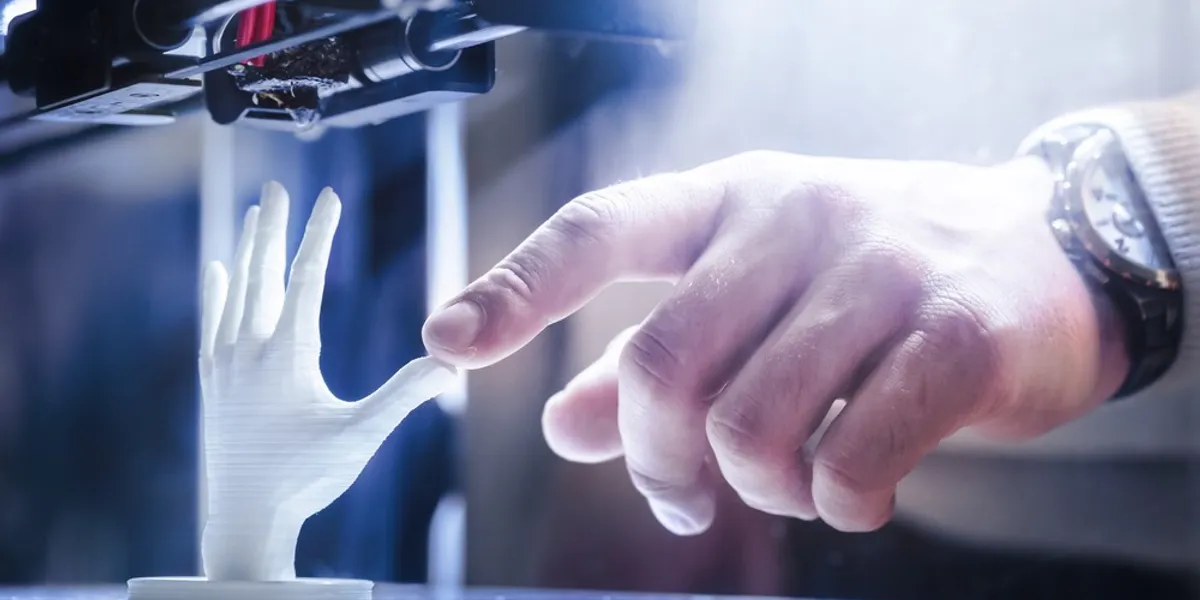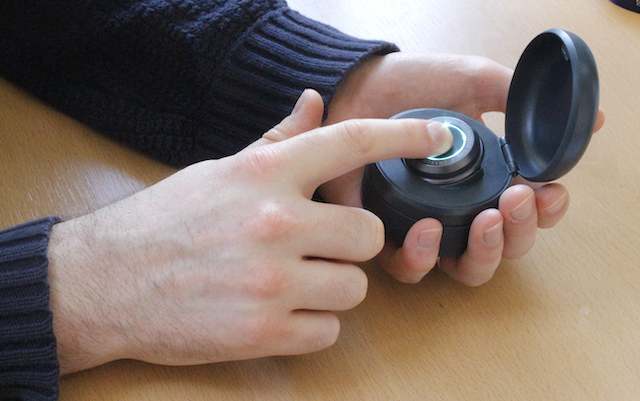In 2015, Lucy Yung was immersed in her work as an industrial designer, focusing on creating assistive devices for individuals affected by conditions such as stroke, multiple sclerosis, and Parkinson’s disease. Among her projects was a pen designed to assist Parkinson’s patients in writing more clearly by utilizing high-frequency vibrations.
However, her life took an unexpected turn when she was diagnosed with a brain tumor. This experience provided Yung with firsthand insight into the challenges faced by patients, emphasizing the transformative impact of support and assistance for individuals with long-term medical conditions. After her recovery and return to work in 2018, Yung resumed her research with a renewed dedication to improving the lives of those living with Parkinson’s disease.
Parkinson’s disease is characterized by a communication breakdown in the brain, primarily stemming from damage to neurons in the substantia nigra. This damage leads to reduced dopamine levels and abnormal electrical activity, hindering the transmission of signals between neurons. The resulting symptoms, including tremors, rigidity, and gait disturbances, significantly impact patients’ daily lives.
Drawing from her previous work on the pen project, Yung identified a potential solution inspired by 19th-century observations made by French neurologist Jean-Martin Charcot. Charcot noted that Parkinson’s symptoms often improved after patients engaged in rhythmic auditory, visual, or physical stimulation, a phenomenon known as “cueing.”
Fast Forward 2019 – CUE1
In 2019, Yung founded Charco Neurotech, a startup based in Cambridge, named in honor of Jean-Martin Charcot. The company developed the CUE1, a wearable device designed to alleviate Parkinson’s symptoms. The CUE1 consists of a small plastic disc housing an electric motor, which is worn on the sternum. The device emits high-frequency vibrations in a pattern proven to mitigate Parkinson’s symptoms through cueing.
Unlike invasive deep-brain stimulation implants, which have been utilized for Parkinson’s treatment, the CUE1 is noninvasive and affixes to the skin using medical adhesive. Priced at £295 ($371), the device has garnered widespread adoption, with over 2,000 users in the UK and a waiting list of nearly 20,000 across 120 countries. Charco Neurotech has secured over $10 million in funding and grants, supporting its growth to a team of 38 professionals spanning the UK, South Korea, and the United States.
The company’s ultimate goal is to obtain regulatory approval, enabling the CUE1 to be prescribed by healthcare providers through national health services such as the National Health Service (NHS) or Medicaid. An accompanying app allows users to customize the vibration pattern to suit their preferences, with plans to develop a feedback system that automatically adjusts the device based on the user’s movement.
Yung highlights the device’s versatility, noting that many users wear it throughout the day, and some even benefit from its use during sleep. With ongoing advancements and enhancements, Charco Neurotech remains committed to empowering individuals with Parkinson’s disease to lead more comfortable and fulfilling lives.
